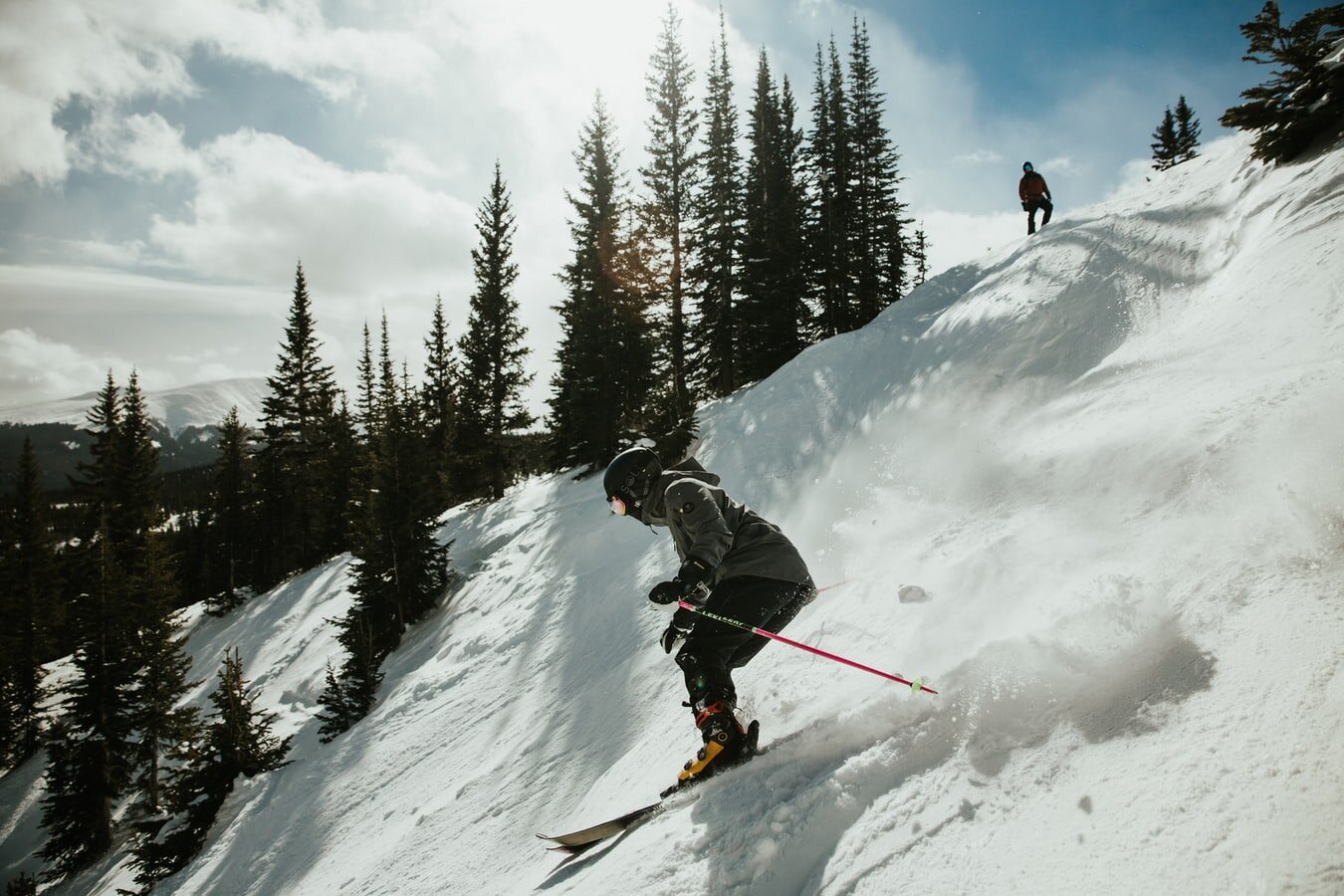Lessons from the ski slopes
I once went skiing in Perisher for a few days with some friends. After 2 days of lessons, one of my friends felt like a worse skier than before and was not really enjoying herself. As I witnessed her mounting frustration, I couldn’t help but think: sometimes we have to go backwards before we can move forward.
Have you ever wondered why this happens?
Just when you think you know it all, new information arrives, a spin on a known technique is given or simply just a reminder of a technique you learned earlier sends you into discouragement: I thought I was good at this!! Well, chances are, that you are good at it…unconsciously good. The irony is, we often have to go backwards before we can move forward to improve a particular skill.
What do I mean by this? Let me illustrate by explaining the learning hierarchy and how this has been demonstrated to me through my recent attempts at learning to ski. There are essentially 5 Stages in the hierarchy:
Stage1: Unconscious incompetence – which means, you don’t know, what you don’t know!
When I looked at skiers swooshing elegantly down a beautiful white mountain, blue skies above, gliding gracefully through pretty icing sugar, I thought “easy!” Just point your skis forward and go! Right? Well, not quite, which leads me to Stage 2.
Stage 2: Conscious incompetence – I now know what I don’t know!!
The cold, hard reality sets in. I can’t stand on two skis let alone ski down a mountain with a 2 degree incline!! Ok. I get it! It’s actually NOT easy!! I didn’t realise how important having the right boots are; the right clothing and headwear; how to stay standing on skis; which way to point the skis when heading down that 2 degree incline; what to do with my legs, my arms, my body, my poles!! The scream is loud in my ear!! I get it; I now know how much I don’t know!!
And there my friends, is the beginning of all wisdom and time to progress to Stage 3!
Stage 3: Conscious competence – After numerous lessons and tips, I’m now aware of what I know.
At this stage, we are concentrating on and thinking about what we are learning. “Bend forward, but not too far forward, arms ahead, but only in peripheral vision, point the skis 45 degrees down the hill, stand for a turn, imagine riding a bike, downhill foot digs into the snow, turn your skis so your feet are at an angle into the mountain, point your toes down to get stability, lean down the mountain at a certain angle….”. I can now ski down that beautiful mountain without falling, but I’m thinking very hard about every twist and turn. It’s really quite tiring, and I don’t just mean physically.
But when I practice and practice and have practiced enough, I get myself to Stage 4!
Stage 4: Unconscious competence – I’m now not even aware of what I know! I just do it instinctively.
Somehow I skied down the mountain (a nice and easy green slope that is!) and I didn’t even have to think about what I was doing! All that hard work and lessons at Stage 3 have paid off! Getting down the mountain in one piece is now quite easy and I don’t have to think about how I do it. This is fun!
So I’m satisfied to stay on the easy green slopes right? Maybe I am. And maybe I want to keep improving, bit by bit. So at what stage am I best to do that?
You guessed it, back to Stage 2 (I realise there’s something I can’t do) and then Stage 3 (learn, concentrate and practice). This process is what we call Stage 5.
Stage 5: Mastery – in order to improve a skill, we have to stop, take a step back and “watch” what we are doing.
We need to consciously “observe” ourselves, ensuring that we are practicing all the right skills. If we’re taking our skill to a new level, we may need to learn new techniques and practice practice practice until we then sweetly move into Unconscious Competence again. And there the cycle continues.
So, when we’re learning a new skill, it’s good to remember:
There’s a lot we don’t know and we should always aim to keep learning.
In that process, we go through the 5 learning stages and it takes time to become good at a new skill or improve an existing one.
To stay encouraged when we feel like we might be going backwards – we really are making progress.
At Stage 4 (Unconscious Competence), enjoy the ride! It’s easy to forget the value of our own skills. But it took you a long time to get there so it’s important to value and appreciate your skills and expertise (so our clients will too!)
Don’t devalue the skills of other people (think of your professional services provider and how often you’ve said “Oh, I can do that! Why should I pay them to do it!!?). If something that they do looks easy, that’s because they’ve invested time making it so. Appreciate and value their skills and expertise!
Take time out to “sharpen the axe” and improve our skills. It is unlikely to happen when we are operating in the flow of conscious competence.
So what happened to my friend who was frustrated by feeling like she had gone backwards on the ski slopes? There comes a time when you need to stop thinking about all the steps and just enjoy doing what you know. So on our final day of skiing, we ditched the lessons and simply enjoyed the runs that we had been having lessons on. No more thinking about every single move, just point the skis and go! Exhilarating! Could we have done this without the earlier lessons that made her feel like she was going backwards? Possibly, but certainly not with the same level of skill and confidence. No one fell down that day!!

